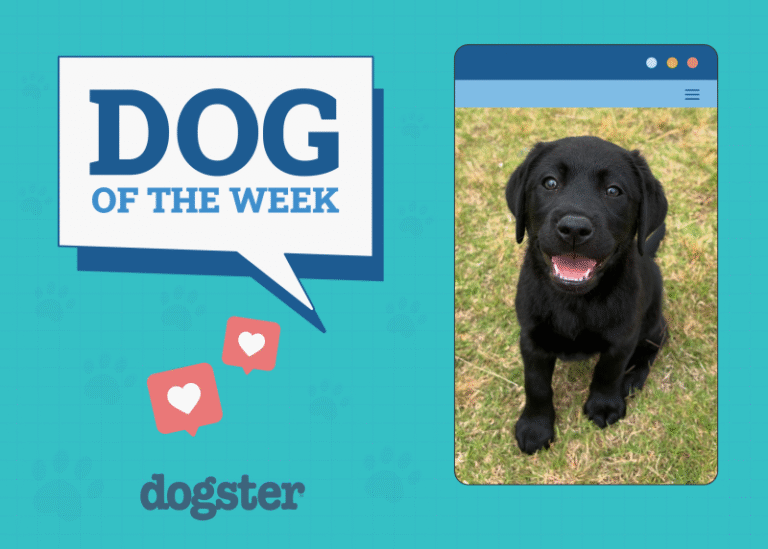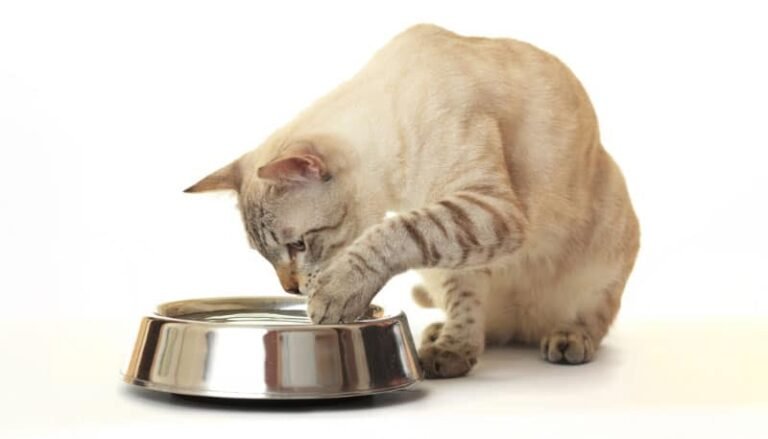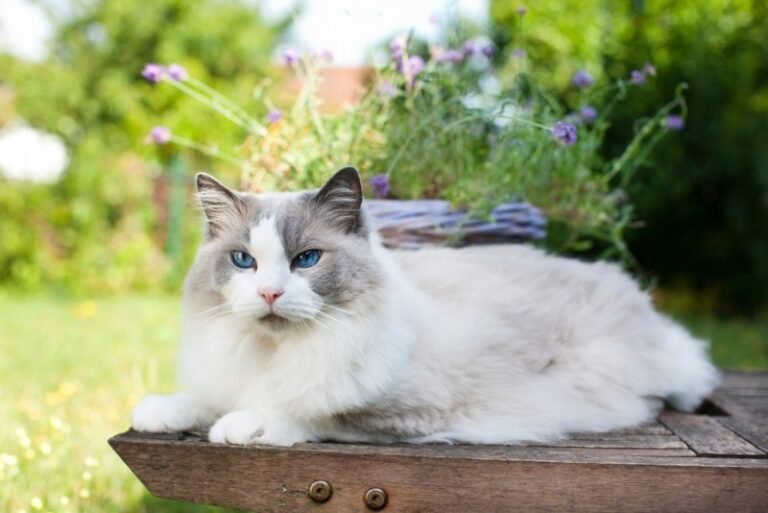
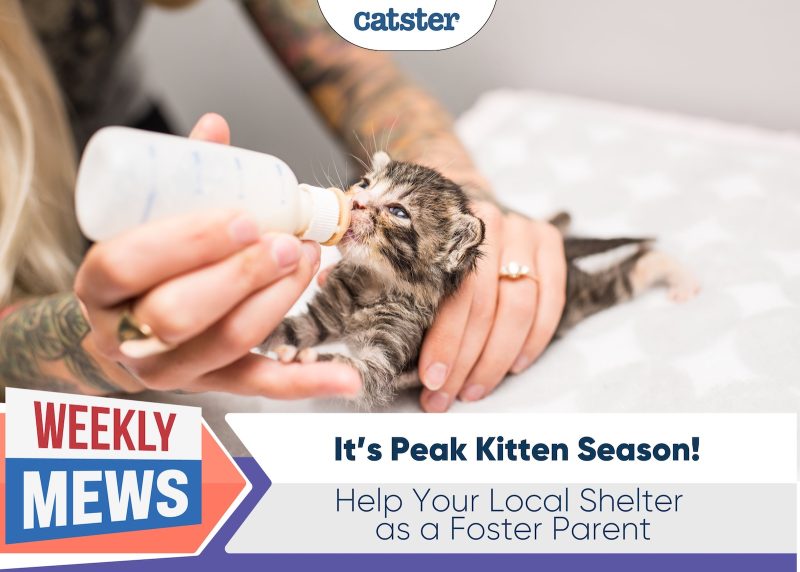
The post It’s Peak Kitten Season: Help Your Local Shelter as a Foster Parent by Kate MacDonnell appeared first on Catster. Copying over entire articles infringes on copyright laws. You may not be aware of it, but all of these articles were assigned, contracted and paid for, so they aren’t considered public domain. However, we appreciate that you like the article and would love it if you continued sharing just the first paragraph of an article, then linking out to the rest of the piece on Catster.com.
June is the peak of kitten season, the time of year when stray and feral cats produce the most litters. So, with shelters and rescues overwhelmed with kittens and young cats, it’s probably not a coincidence that this month is also National Foster a Pet Month and National Adopt a Cat Month. If you’re looking for ways to help, why not consider volunteering at your local shelter as a kitten foster family?

What’s Kitten Season, Again?
Kitten season is the part of the year when cats are most fertile and produce the most litters of kittens. In North America, it falls between March and October every year, though this varies depending on the local climate. This happens because cats are ‘seasonally polyestrous,’ meaning they come into heat more often during specific seasons.
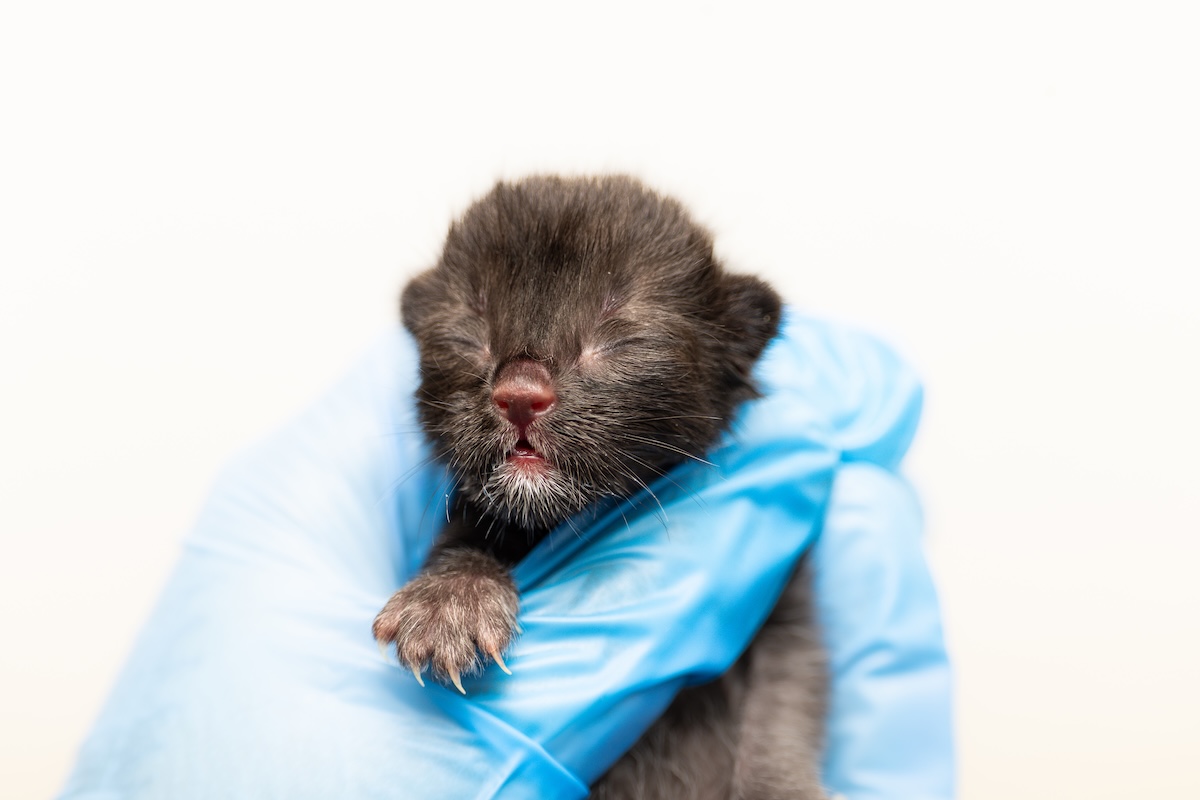
Does It Really Happen at the Same Time Every Year?
According to data from an animal welfare nonprofit called Shelter Animals Count, in 2024, shelter intakes of kittens (ages 0-8 weeks) rose sharply in spring and peaked in May. Intakes of juvenile kittens (ages 8 weeks to 5 months) peaked a month later, in June. Meanwhile, intakes of adult and senior cats remained steady throughout the year.
This data aligns with the general trends, and we can expect it to continue this year and in future years, indicating that in this part of the world, kitten season typically starts in spring and peaks through June.
What Can You Do to Help?
Aside from ensuring that your own cats are fully spayed and neutered, you can help support your local rescues and shelters. That might mean donating supplies or money – just check with the specific organization first to see what they need. You may also be able to volunteer on-site.
One of the groups focusing on this important issue is the Food, Shelter & Love program by Hill’s Pet Nutrition. This initiative works to help shelter pets find forever homes, and also supports shelters by donating Hill’s Science Diet food. This year, they’re partnering with Hannah Shaw, a kitten rescuer and educator who calls herself the “Kitten Lady,” to raise awareness about the kittens and the importance of foster care.
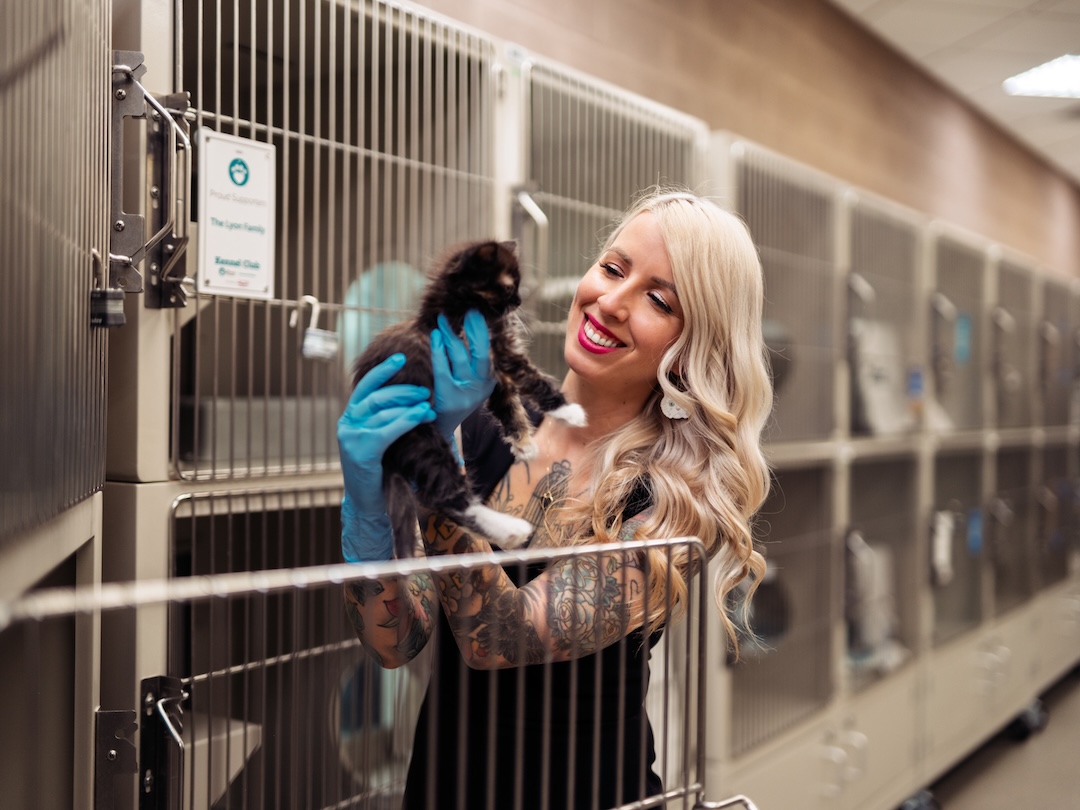
Become a Kitten Foster Parent
One of the best ways to support during kitten season is by signing up as a kitten foster. Kittens put significant stress on shelters because they need extra care, feeding, and attention. Kittens also need socialization to grow into friendly, happy adult cats, and shelters aren’t well equipped to provide that one-on-one bonding. Kittens who learn how to thrive in a home have much higher successful adoption rates. They also need to have new experiences and try different foods at a young age.
You can benefit, too! Fostering kittens allows you to try caring for a cat without the financial burden or long-term commitment. If it works out, you might even decide to adopt your foster kitten.

How to Start Fostering Kittens
If you’re interested in becoming a kitten foster parent, contact your local animal shelter or rescue. They typically have applications you can fill out, and you can ask any questions you may have.
Although fostering kittens can be a lot of work, especially with their high care needs, it can also be highly rewarding. You don’t need any special skills, and the shelter or rescue will typically provide everything you need, like veterinary care, food, and general supplies.
You can also check out Hannah Shaw’s extensive resources on getting started fostering, feeding, monitoring health, and much more.
Featured image credit: Andrew Marttila, Kittenlady.org
The post It’s Peak Kitten Season: Help Your Local Shelter as a Foster Parent by Kate MacDonnell appeared first on Catster. Copying over entire articles infringes on copyright laws. You may not be aware of it, but all of these articles were assigned, contracted and paid for, so they aren’t considered public domain. However, we appreciate that you like the article and would love it if you continued sharing just the first paragraph of an article, then linking out to the rest of the piece on Catster.com.
